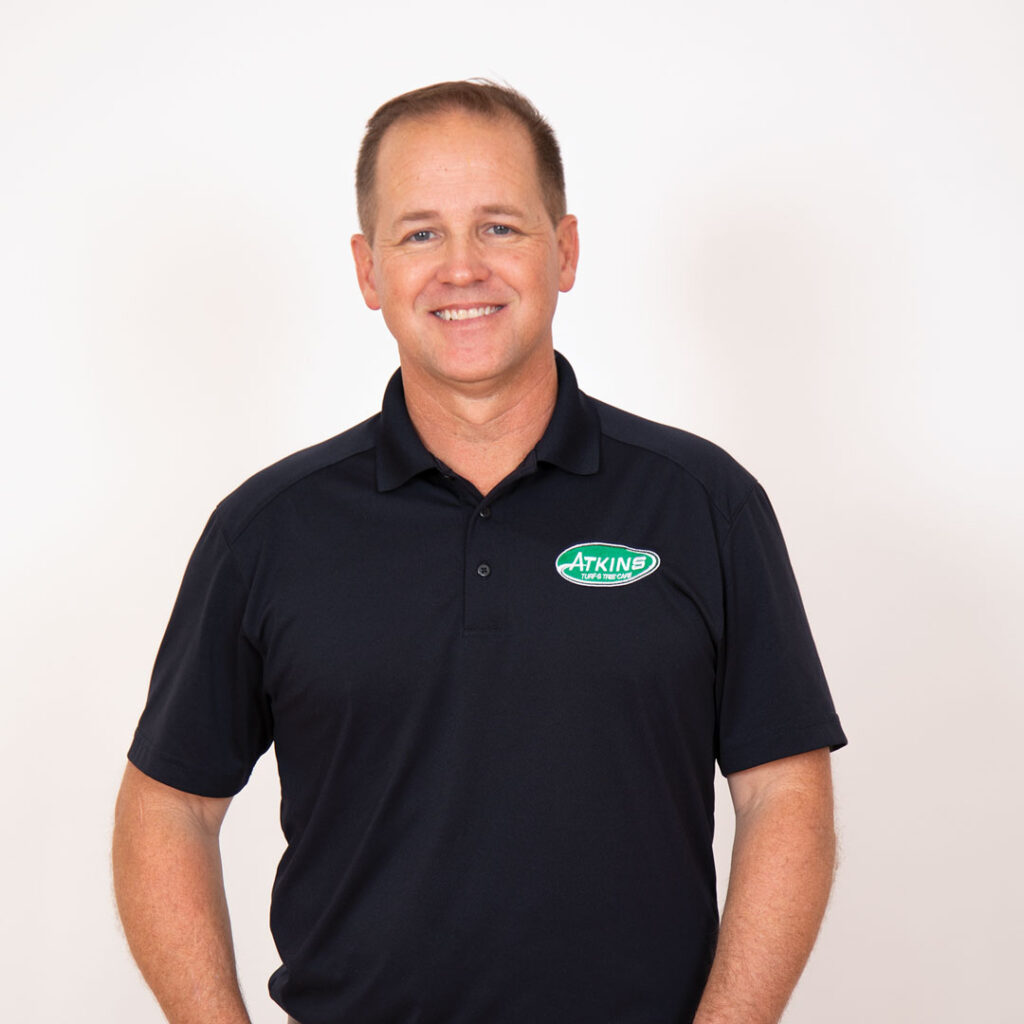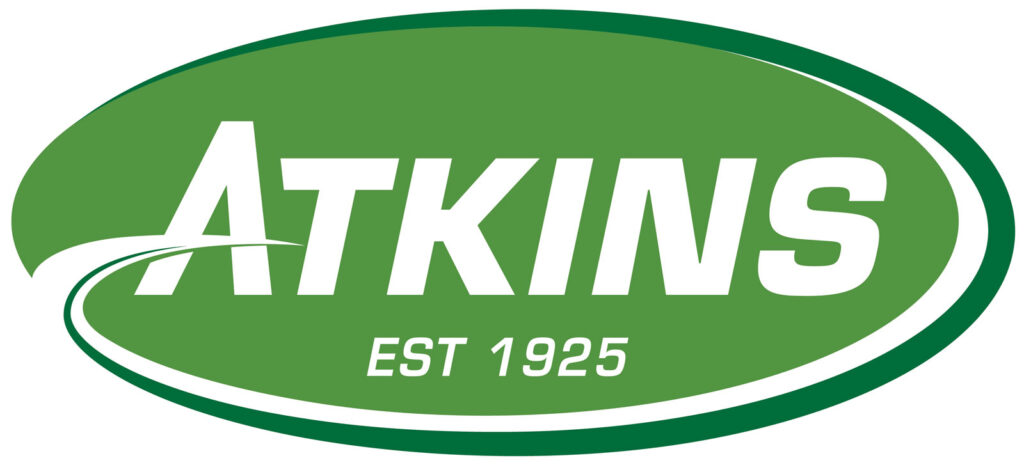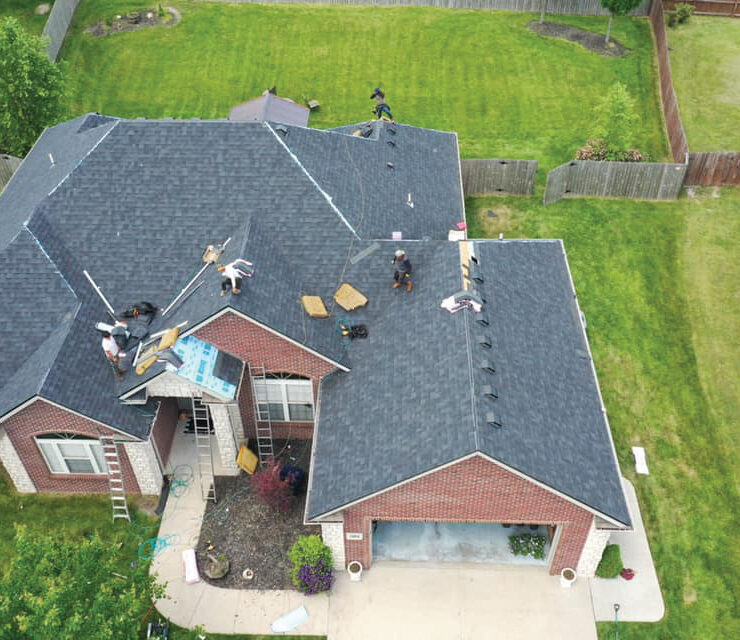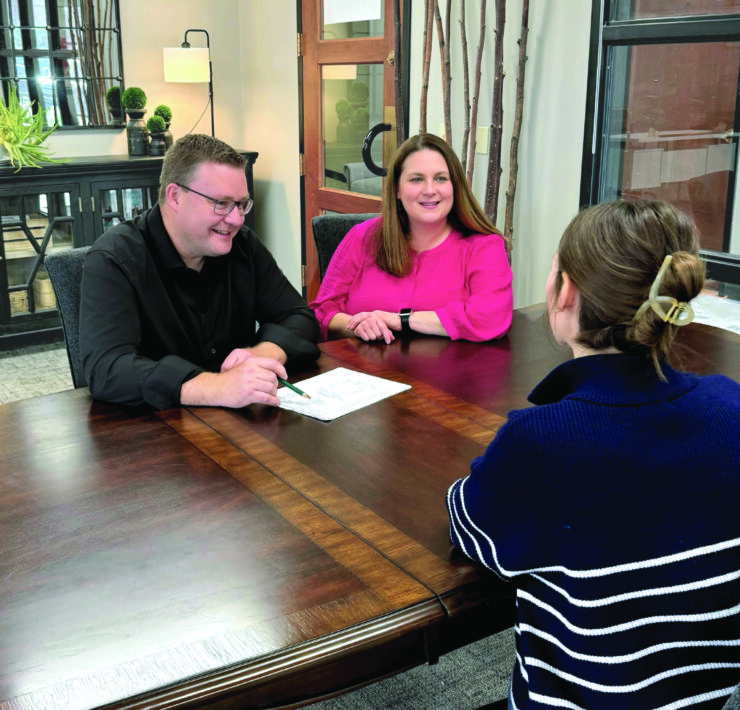“Good Day!”

I am no farmer, but Paul Harvey’s “So God Made a Farmer” speech always inspired me, helped shape my respect for farmers, and possibly planted the seed that led to my desire to do the work I do.
I don’t recall the first time I heard it, but I do remember sitting quietly, listening to his familiar voice pay tribute to an underappreciated group. Farmers work a lot harder than those not on the farm realize. From season to season, they continue to work hard to keep the world fed.
Impressive.
With lawn care, tree and shrub care, landscaping, and irrigation, there are several sound agricultural principles that we use every day to improve on our surroundings and help our customers manage their property. Many are just based on good stewardship, and positively impact our environment to ensure a healthy future for everyone. Here are some sound practices for the groundskeeper:
Water Management
- We promote the installation and proper use of an in-ground sprinkler system. Having an understanding of what water needs you have within your lawn and
landscape will help to ensure that each area is getting the proper amount of water and you minimize waste. - Water deep and less often is typically good advice. Smart controllers can adjust the watering schedule based on real-time soil conditions, weather, evaporation rates, and specific plant water use. Now that’s smart!
- An in-ground irrigation system will provide better coverage of the lawn and landscape than any garden hose end setup.
Nutrient Management
- Another reason to get to know the lawn and landscape plants on your property is to learn what nutritional needs they have. Haphazardly throwing fertilizer around that you found in the shed isn’t the best plan.
- Soil testing, weather forecast watching, experience from one season to the next, and familiarity with your plants and their needs can all help you choose the right materials, timing, and method.
- Nitrogen is typically the first nutrient to consider when making your plans and there are a large number of nitrogen sources to consider. Phosphorus and Potassium (aka potash) are the other two macro-nutrients found in most fertilizers.
Soil Science
- Not all dirt is the same. Soil is comprised of minerals, organic matter, air, and water. With a soil test, you can get a better understanding of the soil texture and chemical makeup. It may actually reveal that you don’t need to fertilize or at least not as much as you think. You may have a pH issue needing correction. If acidic, applying lime will actually help make existing soil nutrients become plant available.
- You may need “secondary” or micronutrients (calcium, magnesium, sulfur, boron, copper, iron, manganese, etc.) and more organic matter to improve your soil and overall plant health.
Planting
- Make sure when you seed or install some new landscaping that you’re choosing the right plant for the right place. Timing and care afterward also need to be considered.
Pest Management
- All crops have pest issues. From insects to diseases to weeds, they all have pressure from outside sources. Best management practices for your crop include setting tolerance levels and goals, diagnosing problems, proper care of specific plants, managing water needs, fertility, planting, and maintenance practices.
- When you’re not sure what’s going on with your lawn or your trees and shrubs, you can call on a professional to draw from their experience and training to be sure you correctly diagnose the issue and prescribe the best course of action to manage it.
Now is the time to make plans for seeding and replacing those dying or dead trees and shrubs. The end of August kicks off the fall season for lawns and landscapes as the weather tends to become more forgiving.
If you need help with anything around your property, inside or out, don’t hesitate to call Atkins. We’re here to help. It’s what we do!

A Columbia native, Shaun Henry found a home at Atkins in 2000 when he started his career as a turf technician. Shaun holds a commercial applicator’s license through the Missouri Department of Agriculture and is a member of the National Association of Landscape Professionals, the Mid-America Green Industry Council, and the Missouri Green Industry Alliance. Shaun strongly believes in the importance of a great customer experience where the Atkins staff knows their clients and anticipates
their needs accordingly. Shaun is an MU alumnus and has a degree in plant science.
(573) 874-5100
atkinsinc.com









